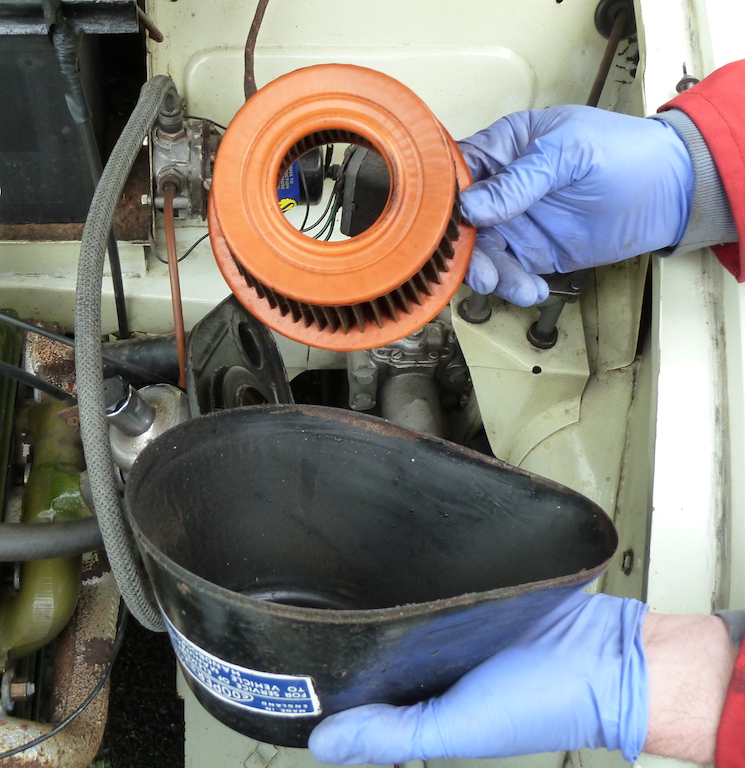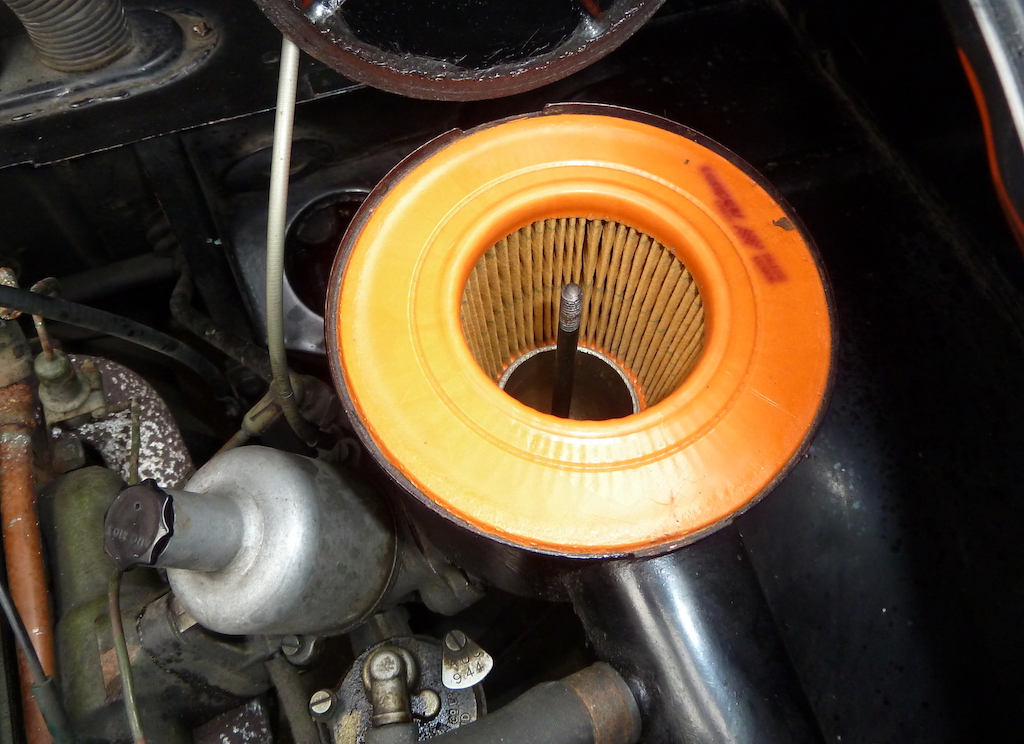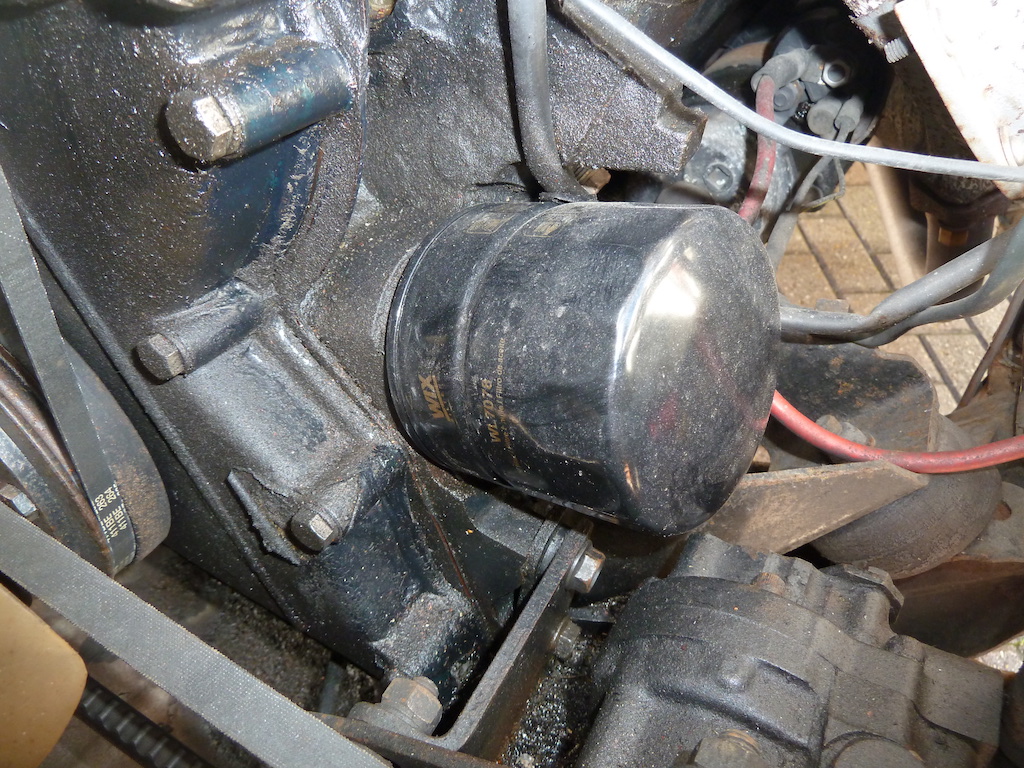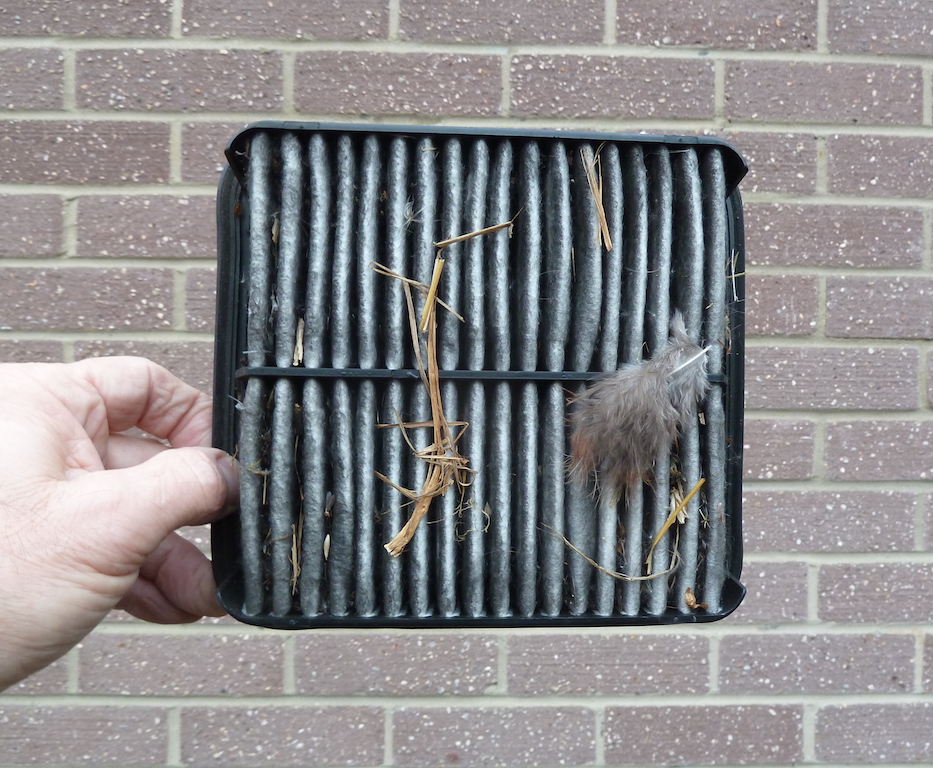
Air, oil and fuel filters are often overlooked, but all play essential roles.
Kim Henson advises checking when they were last renewed on your vehicle.
Car manufacturers fit a variety of important filters on their vehicles, typically including air, engine oil, fuel and pollen filters. Recent diesel engines also have Diesel Particulate Filters (DPFs).
The function of each is to remove impurities from the environment in which the filter operates, helping to avoid damage to precision-engineered components (notably within the fuel system and the engine itself).
Taking them one by one:
…is designed to capture dust and debris that would otherwise pass through the air intake system into the fuel system/engine. If the filter is choked, this prevents the free flow of air into the motor, and although to a certain the electronic control/management systems on modern cars can automatically compensate by re-adjusting fuelling levels accordingly, a clean filter helps ensure that the engine will be able to ‘breathe’ fresh air as designed.
On older vehicles if the air filter is obstructed by dirt/debris, the engine will constantly operate with an over-rich fuel mixture, resulting in excessive quantities of fuel passing into the engine and potentially diluting the engine oil… Of course in this situation fuel consumption (and emission levels) will be abysmal too.
On some older classic cars the filter is in the form of metal gauze housed within a container, and this gauze needs to be cleaned (in paraffin or a proprietary cleaning fluid) on a frequent/regular basis; usually light-re-oiling of the gauze is required following cleaning/drying the filter; the oil helps to capture dust particles.
Most recent vehicles employ renewable air filter elements that are typically housed within a plastic casing. At the appropriate mileage/time, the element needs to be removed from the casing and a new one installed. In every case make sure that the inside of the casing is wiped clean at the same time as the element is renewed, and ensure too that the lid of the housing is correctly and securely re-attached, to prevent the ingress of dirt and moisture.
-
THE FUEL FILTER…
…is essential to allow the supply of uncontaminated clean fuel to/through the fuel supply system, notably including the carburettor(s) or fuel injection pump/injectors.
If the fuel filter becomes choked, eventually the engine may be starved of fuel, but in any case the filter should be renewed at least as often as specified by the car maker, to ensure cleanliness within the system.
The components within modern fuel injection systems (in particular) are precision-machined and are not tolerant to debris, which can score surfaces and block pipework. The cost of renewing injectors and pumps can be very high indeed so it pays to frequently/regularly renew the filter.
On some older classic cars, the mechanical fuel pump incorporates a gauze filter, in addition to which sometimes in-line filters are encountered (original or retro-fit). All these need to be checked and cleaned; many are ignored for very long periods until a fuel supply difficulty arises!
…is there to ensure that clean oil circulates through the engine’s lubrication system, at all times. In any vehicle, and especially in a modern motor with a relatively small sump capacity, and particularly if the engine is turbocharged, it is imperative that the engine oil and filter are renewed at least as often as specified by the car manufacturer, and ideally twice as frequently.
Turbocharger rotors typically spin at very high speeds, and inadequacy in the supply or cleanliness of the oil that serves them, can result in catastrophic failure of the turbocharger itself, and potentially the engine too, especially if debris from a failed turbo is delivered throughout the engine by the oil.
Always use oil as specified by the vehicle’s manufacturer (absolutely vital with today’s highly-stressed engines) and filters to original equipment specification.
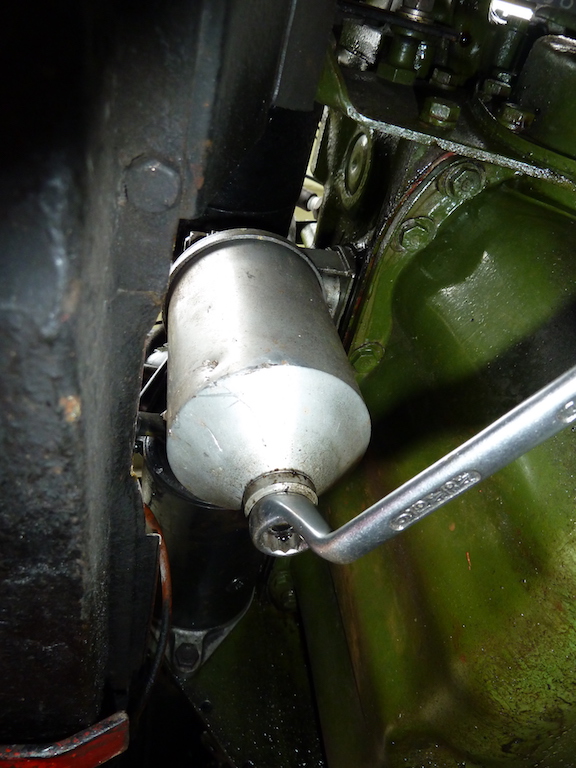
In some cars the oil filter takes the form of a renewable element, others use a ‘spin-on/spin off’ type.
-
THE POLLEN FILTER…
…takes out/captures potentially damaging irritant particles from the air circulating within the passenger compartment.
Renewal of the element (sometimes accessible from under the facia, on other vehicles it has to be reached by removal scuttle panels from the outside of the car) helps keep the air fresh and passengers happy!
-
THE DIESEL PARTICULATE FILTER…
…is installed to remove particulate matter from modern diesel vehicle exhaust systems.
This topic could fill a book on its own, but here are a few things to bear in mind:
DPFs gradually ‘fill up’ with debris, which needs to be removed by a ‘regeneration’ process. This should happen automatically as the car is driven, but initiation of the process relies on the engine and exhaust system reaching a ‘normal’ operating temperature, which often doesn’t happen if the vehicle is used only for slow urban motoring. On a car used often for long, fast journeys this isn’t a problem.
If your diesel vehicle is used just around town, it is wise to give it an occasional fast run to encourage the DPF to ‘self regenerate’. Typically this requires the car to be driven for several miles with the engine running at 2,500 rpm or more. Consult your car’s handbook for specific instructions with regard to the DPF.
If the DPF fails to self-regenerate, a ‘forced regeneration’ may be required, using appropriate diagnostic tooling – consult a competent mechanic/garage.
In extreme cases the DPF may need to be renewed – an expensive operation!
While talking about diesel exhaust systems, and although this is not a filter aspect as such, it is also worth noting that many modern diesel cars require the use of ‘AdBlue’ exhaust fluid (injected into the exhaust system to help minimise emissions), the reservoir for which needs to be checked frequently and kept topped up.
FILTERS – GENERAL
These notes may also help you:
-
SERVICE HISTORY
If you are unsure of the maintenance history of any vehicle (possibly one that you have just acquired), check the paperwork and establish when it was last serviced. If you are not sure, service the vehicle (or have it serviced), renewing all the filters to be on the safe side.
-
GO FOR HIGH QUALITY
For renewable filters/elements, ALWAYS use high quality, original equipment level filters. Some inferior filters can restrict air/fuel/oil flow, and worse still, some can disintegrate internally, spreading rubbish through the system(s) they are meant to be protecting, and causing further problems.
-
PROPERLY DISPOSE OF USED FILTERS
All filters and engine oil should be disposed of in an environmentally friendly manner. Take advice from your local council’s recycling centre (consulting their website may help) or talk to a friendly local garage to see if they can advise.
-
IF IN DOUBT, LEAVE FILTER CHANGES TO PROFESSIONALS
In many cases, depending on the vehicle and the engine fitted, renewal of air, oil and pollen filters are jobs that can be tackled at home, BUT there are exceptions.
Before you start, consult your car’s handbook/workshop manual, if available, and if possible take advice from fellow owners regarding the procedures and possible pitfalls. Sometimes too, helpful step by step video tutorials are available online.
Fuel filters can often cause difficulties, especially with diesel powered vehicles, in terms of drawing fresh fuel through the system following filter renewal. Sometimes ‘hand primer’ systems are built-in, and on some vehicles the system is self-priming. Others can prevent a challenge and it can be very easy to discharge the battery through excessive cranking, before the fuel comes through…
If in any doubt at all, it’s best to get a competent mechanic/garage to do the job for you.
-
RENEW FILTERS FREQUENTLY
It pays to renew (or have renewed) all the filters on your vehicle, at least as often as the time/mileage intervals specified by the car maker.
In fact it is beneficial to renew the filters twice of often. So, for example, if an oil and filter change is recommended at (say) 12,000 miles or annually, renewing the oil and filter very 6,000 miles or every six months is a good move as it will help to ensure that the engine is always operating with clean, fresh oil. Experience has shown that in almost all cases of engines covering very high mileages before overhaul is required, the frequent renewal of the oil and filter is a contributory factor.
CONCLUSIONS
The cost and time involved in renewing your car’s various filters on a frequent/regular basis will be repaid many times over in terms of having a vehicle that will run at its best and be more pleasant to drive, will return better fuel consumption and emissions results, and ultimately the engine and fuel system components will last longer.